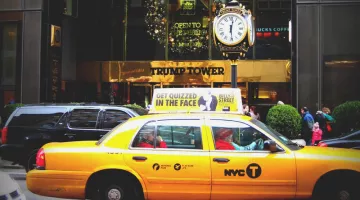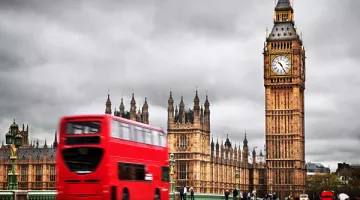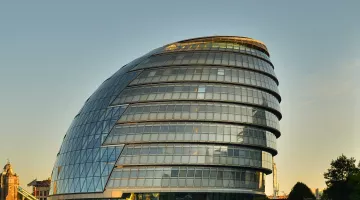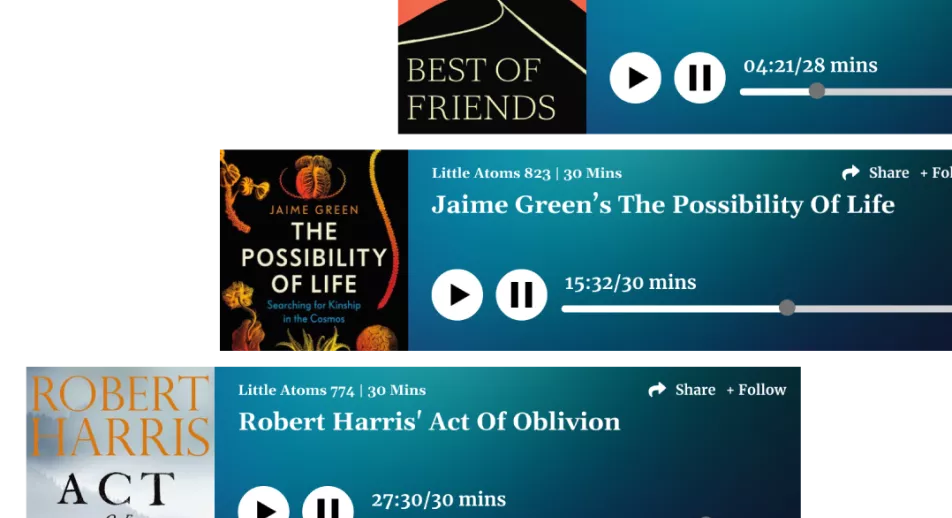No, New York Times. London won’t fall
In local newspaper, stupid question asked

In local newspaper, stupid question asked
Will London Fall?, an interactive long-read by the New York Times’s Sarah Lyall is beautifully written and illustrated with striking photographs. It is also quite wrong-headed.
It falls into a common misconception that London is not England, or the myth of London as a city state (an idea incomprehensible to most Londoners). It reminds us of the limits of reportage about places that may seem familiar but are remarkably complex. Will London Fall? flattens the EU referendum decision into diversity v. isolationism, a contrast which is partly true, but also in many ways fails to understand the striking changes in national identity which are happening under the surface of the UK.
As anyone who lives in New York should know, your city may be exceptional in the country you live in but it is also the template for what others think of your country.
For most of the world, London is Britain. The same applies to New York, the city that – true or not – is what most Europeans think America is like.
In the film versions of the two nations' lives, the leading role goes to to the two metropolises. You cannot say that “Brexit has divided Britain from Europe but also divided Britain from itself, with London on one side and much of England on the other.”
Yes, London voted to remain in the EU – and would have voted even more overwhelmingly so if EU citizens paying taxes and living here were allowed to vote – but the division between London and the rest of the UK is a false one. London looked like urban Britain (which on the whole voted to remain) rather than being a lodestar. New York voted Clinton, but so did Chicago and Los Angeles. Urban v. sub-urban is a major fault line in many societies.
In practice also, the attempt to distinguish London from the rest of England and the UK is a nonsense. London is where Britons go to is where our Kings and Queens are (mostly) buried. It has been the capital of England, then Britain, on and off for nearly two millennia. The focal point of London life, like British life, is the pub. Boris Johnson, one of the leading campaigners for Brexit, was twice elected as mayor of London. London is the apex of both Englishness and Britishness. Londoners like to think of themselves as special, but they share the same foibles as the rest of our country.
And while much of Britain is not diverse, London is not alone. Leicester is arguably more diverse than London. Birmingham is London’s equal. The UK is changing rapidly. London is the face of Britain-to-be, but it is not an oasis surrounded by olde England. It is precisely how Britain will look – a nation which is diverse precisely because of Empire – a patchwork of people from across a third of the globe, complimented by waves of European migration and some relatively new migration from places relatively untouched by British Imperialism, such as South America.
Finally, the piece doesn’t deal with the real dividing line in British society: class. Beyond the open society / closed society debate which is found in every Western democracy, Brexit was compounded by class. One sight I won’t forget is Islington’s multi-million pound Georgian terraces all displaying prominent REMAIN posters, while in the opposite streets their working-class neighbours pinned any defiant LEAVE material they could find in their windows – two fingers up to the super rich opposite. It’s hard to reconcile the pull out quote in the piece, “In London I never feel like an outsider, because everyone’s an outsider”, with London’s many working class communities (black and white) who feel proudly British and proudly from here. A London born third generation British Asian is likely to have have more in common with someone from Oldham than the Brazilian hairdresser quoted. Many of these working class communities voted remain. Some voted Leave. Not a single Leaver is interviewed in the piece; the entire frame of the piece is London’s diversity but we hear nothing from the one in four black and minority Londoners who voted to leave the EU.
Sarah Lyall’s article is right in the totemic challenge that leaving the EU will create for London. Brexit could kill the city’s vibrancy. London could return to the kind of decline seen from the end of the Second World War to the UK joining the Common Market where nearly two million Londoners abandoned the city.
But killing London is also killing Britain. Dividing the capital from its mother nation plays into the dividing line sought by the Brexiteers, that London is the foreign other. Embracing the global metropolis as part and parcel of the UK – and in fact not so different – is both the reality of this complex city and also of Britain’s future.




